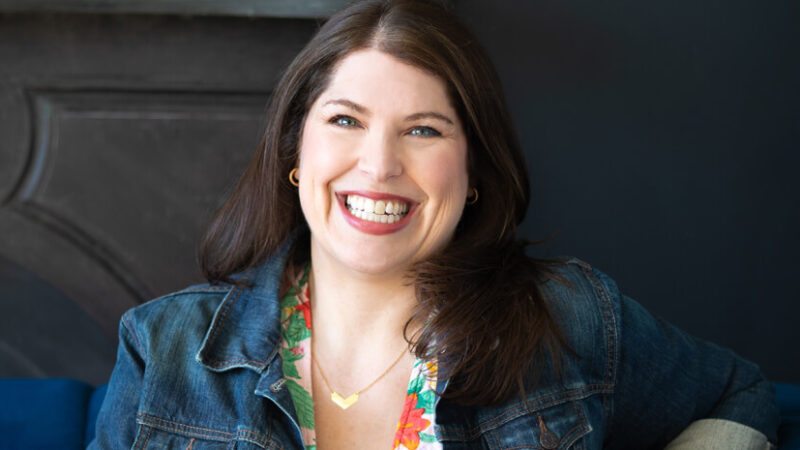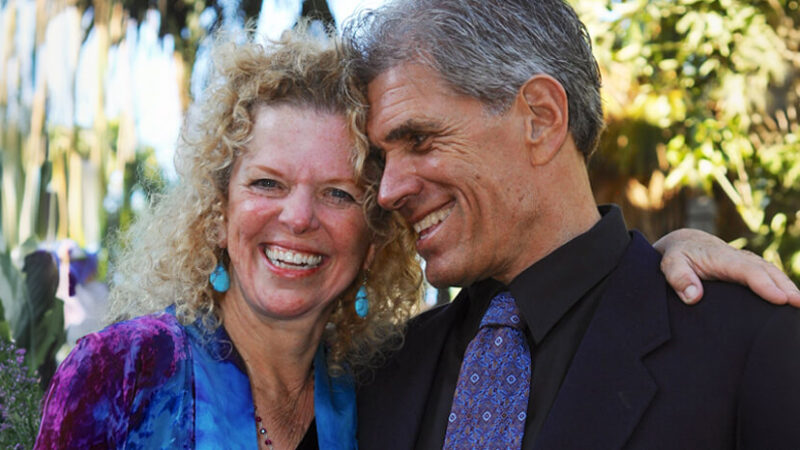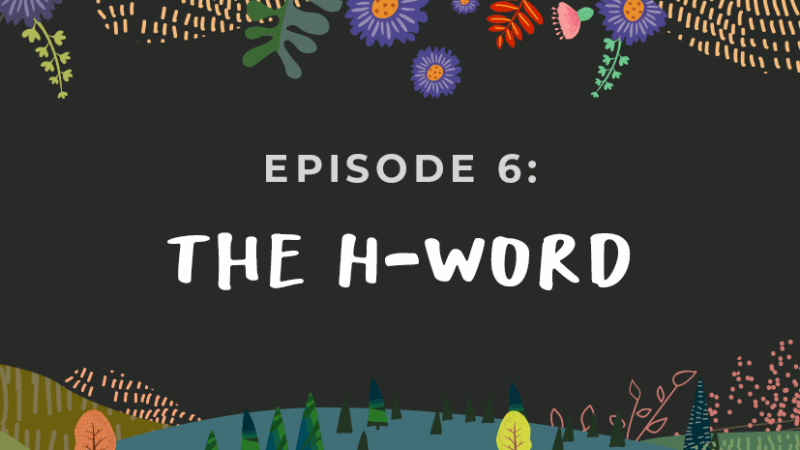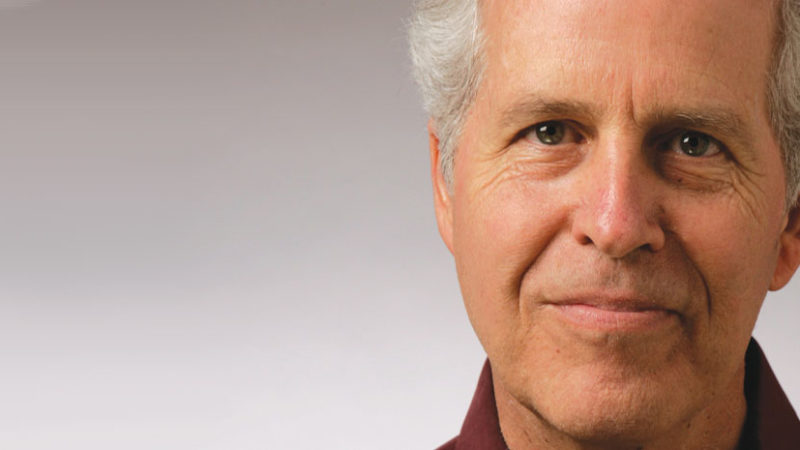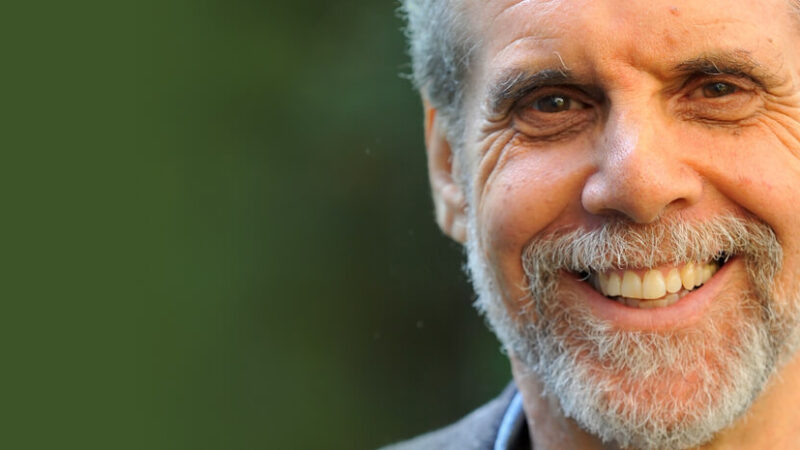-
E117: The Real Work: Letting Go from Within
Michael Singer — October 2, 2025
True spirituality isn’t about mystical experiences or lofty ideals—it’s about honestly facing...
-
Once More: Reflections on Reincarnation and the Gap Between Lives
Tami Simon — September 26, 2025
In this special reflection episode of Insights at the Edge host Tami Simon looks back on her...
-
Honey Tasting Meditation: Build Your Relationship with Sweetness
There is a saying that goes “hurt people hurt people.” I believe this to be true. We have been...
Written by:
Amy Burtaine, Michelle Cassandra Johnson
-
Many Voices, One Journey
The Sounds True Blog
Insights, reflections, and practices from Sounds True teachers, authors, staff, and more. Have a look—to find some inspiration and wisdom for uplifting your day.
Standing Together, and Stepping Up
Written By:
Tami Simon -
The Michael Singer Podcast
Your Highest Intention: Self-Realization
Michael Singer discusses intention—"perhaps the deepest thing we can talk about"—and the path to self-realization.
This Week:
E116: Doing the Best You Can: The Path to Liberation -
Many Voices, One Journey
The Sounds True Blog
Insights, reflections, and practices from Sounds True teachers, authors, staff, and more. Have a look—to find some inspiration and wisdom for uplifting your day.
Take Your Inner Child on Playdates
Written By:
Megan Sherer
600 Podcasts and Counting...
Subscribe to Insights at the Edge to hear all of Tami's interviews (transcripts available, too!), featuring Eckhart Tolle, Caroline Myss, Tara Brach, Jack Kornfield, Adyashanti, and many more.
Most Recent
Anna Goldfarb: Wholehearted Friendship
Friendships aren’t always easy and fun. Like all meaningful relationships, they require work. They require nurturing and a willingness to grow. And in today’s world, explains author and journalist Anna Goldfarb, many friendships are being pushed to the brink and painfully ending. In this podcast, Tami Simon speaks with Anna about her new book, Modern Friendship, an empowering guide to creating what she calls “wholehearted friendships.”
Enjoy this conversation that’s filled with insights and strategies you’ll find especially helpful in our isolated, hyper-fluid society. Tami and Anna discuss: the increasing ambiguity of 21st-century friendships; the false promise of social media; the core elements of a successful friendship strategy; memorial friendships vs. active friendships; Jacuzzi friends, bathtub friends, and pool friends; three main causes of friendship breakups; the three requirements—consistency, positivity, and vulnerability; choosing people with whom you can share meaning; the characteristics of wholehearted friendship; and more.
Donna Eden and David Feinstein, PhD: The Power—and P...
Tapping is a simple form of energy psychology that can help you transform difficult emotions; overcome addiction, anxiety, or depression; change self-defeating habits; and more. Today, there are more than 175 peer-reviewed scientific studies supporting its efficacy. Yet despite 20 years of growing evidence, many people remain skeptical. In this podcast, Tami Simon speaks with the authors of the new book Tapping—Donna Eden and Dr. David Feinstein—about why the technique works and how to practice it successfully.
Listen in to this exciting, illuminating conversation on: energy medicine and the subfield of energy psychology; Thought Field Therapy and Emotional Freedom Techniques; how tapping produces such incredibly fast results; auras and chakras; acupressure points and piezoelectricity; the acceptance statement and other tapping protocols; breaking the cycle of inner judgment and negativity; the deep and authentic personal work tapping requires; subjective units of distress (SUDs) and the affect bridge; obstacles to change and psychological reversals; tapping as a tool for trauma healing; and more.
Note: This episode originally aired on Sounds True One, where these special episodes of Insights at the Edge are available to watch live on video with exclusive access to Q&As with our guests. Learn more at join.soundstrue.com.
Ep 6: The H-Word
When it comes to the state of our world, the concept of hope can feel elusive. Joanna teaches Jess that the future may be uncertain, but that means that there’s still room for something beautiful to happen. This episode offers insights into embracing uncertainty, cultivating joyousness, and understanding the intricate interplay between hope, courage, and action.
In this episode:
- “Active hope” is about acting in service of the future we hope for
- Whenever Jess asks about hope, Joanna talks instead about courage
- When hope eludes us, courage and our devotion to life remain steadfast
We recommend starting a podcast club with friends or family to do these practices together. Links and assets to help prompt reflection and build community can be found with every episode on WeAreTheGreatTurning.com.
Customer Favorites
John J. Prendergast: The Deep Heart
John Prendergast is a retired psychology professor, spiritual teacher, and the author of books such as In Touch and Listening from the Heart of Silence. With Sounds True, he has released a new book titled The Deep Heart: Our Portal to Presence. In this episode of Insights at the Edge, Tami Simon speaks with John about subtle and sublime experiences of the heart. John comments on the childhood wounding that often leads to a fear of vulnerability and a general alienation from the heart’s true voice. John and Tami also talk about seeking answers through the heart rather than the mind, as well as the spiritual dimensions one explores while doing so. Finally, they discuss how to crack the armored shell caused by wounding and how you can deal skillfully with the pain of living in an uncertain, often dismaying world.(69 minutes)
James Finley: Breathing God
Tami Simon speaks with Jim Finley, a master of the Christian contemplative way and a renowned retreat leader. Jim left home at the age of 18 and studied at the Abbey of Gethsemani with Thomas Merton for six years. He’s a clinical psychologist in Santa Monica, California, and the author of Christian Meditation and the book The Contemplative Heart, as well as the Sounds True audio learning programs Christian Meditation, Thomas Merton’s Path to the Palace of Nowhere, and along with medical intuitive Caroline Myss, the audio program Transforming Trauma. Jim discusses embracing our brokenness and the attitude of nonjudgmental compassion, the value of spontaneous moments of meditative awareness, and false perceptions about the practice of meditation. (56 minutes)
Daniel Goleman, PhD: Emotional Intelligence Now
Daniel Goleman is an internationally known psychologist, science journalist, and the author of the books Emotional Intelligence (over 5 million copies in print in 40 languages), Social Intelligence, and Ecological Intelligence. He is cofounder of the Collaborative for Academic, Social, and Emotional Learning. With Sounds True, he is a faculty member of the Inner MBA nine-month immersion program. In this podcast, Sounds True founder Tami Simon speaks with Dan about the insights in his landmark book, Emotional Intelligence, and where we’ve come since its publication in 1995. They discuss the physiology and origin of emotions; the relationship between thought and emotion; constructive worry versus destructive worry; self-awareness and the practices that support it; temporary states versus abiding traits; the four domains of emotional intelligence; perseverance, drive, and high performance; cultivating unflappable equanimity; and more.

